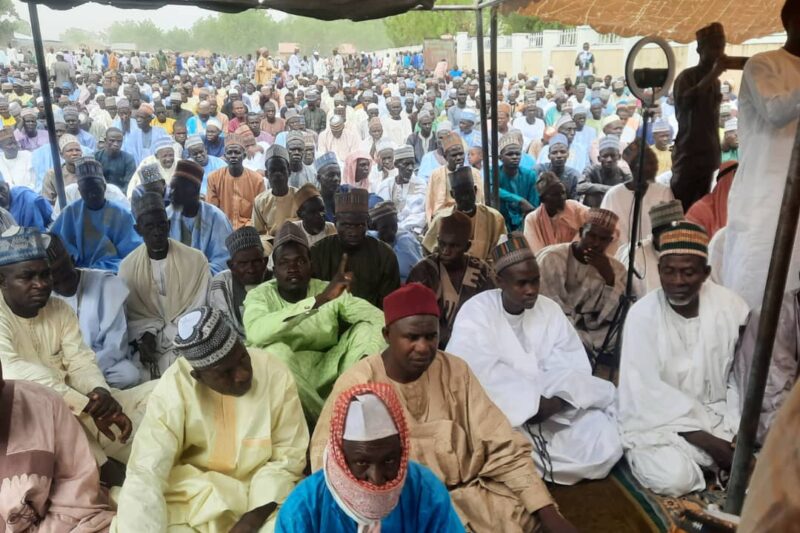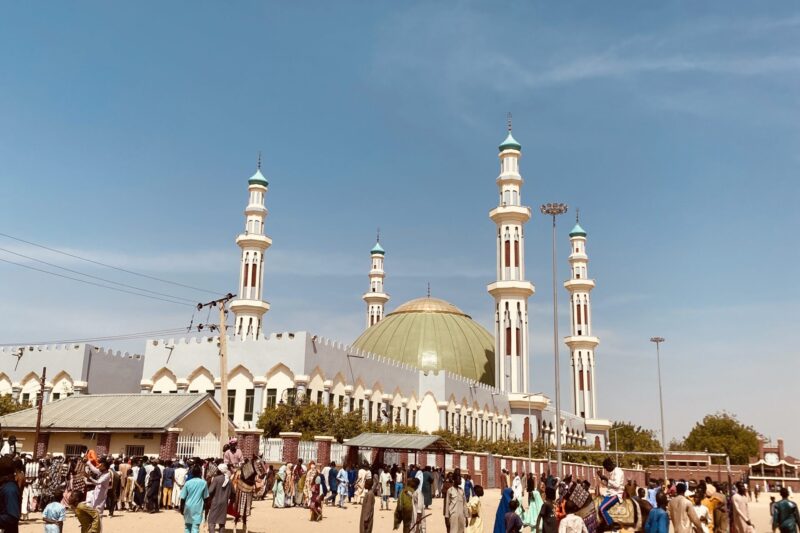Insecurity, poverty, impatience and a lack of understanding are some of the triggers that have led to an escalation in the number of divorces in northeast Nigeria.
The 12 years of insurgency by the Jamā’at Ahl as-Sunnah lid-Da’way Wa’l-Jihād (JAS), more commonly referred to as Boko Haram, and the Islamic State West Africa Province (ISWAP), had also taken its toll on the lives of millions, crippling people emotionally and physically and putting an end to many marriages.
It had also often resulted in many businesses being ruined and having to close, which added to the stress in the relationships of couples.
Imam Malam Shettima said people should seek advice from superiors and religious scholars before they married.
He said young people should avoid unnecessary quarrels so that they could live peacefully in marriage.
Parents and religious leaders needed to create awareness about the significance of marriage, he said.
The Federation of Muslim Women Association of Nigeria (FOMWAN) also decried what it described as the alarming high rate of divorce among couples in the country.
Pharmacist Aisha Isyaku Tuku, the Kaduna State Amira of FOMWAN, blamed the high rate of divorce on the lack of understanding and forgiveness.
Speaking at a marriage counselling session for parents and couples in Kaduna, Tuku said: “Marriage is an Ibadah [devotion] and people should see it as such. Unfortunately, people who go into marriage do not always understand what it is all about.
“Many young couples today marry without knowing what marriage is. They think it is about posting flamboyant marriage proposals, wedding pictures and all sorts on social media. But those are an outward show of love, not from the heart and, just a few months into the marriage, they start having a crisis.”
Tuka said the Kaduna State chapter of FOMWAN was setting up a marriage counselling centre for people planning to get married.
The centre would be located at the FOMWAN model School Ungwan Sarki in the Kaduna North Local Government Area.
Zarah Musa, a resident of Maiduguri in Borno State, told RNI that she believed impatience, poverty and the lack of work were the main contributors to the escalating numbers of divorce.
She said many women, especially those who felt undermined in their relationship, stayed married only because they thought they would lose their children if they got divorced.
She believed it was easier for women who did not have children to leave their husbands.
Another resident, Abba Muhammed, said that according to Kanuri culture, the husband’s family had to take the responsibility of catering for the wife and her children’s needs for at least one year after the divorce. But, she said, such practice was no longer happening because many did not have the income to do so.
Muhammed said most young people did not have much experience on marital dos and don’ts and also did not know about the ethical norms and traditions.
“Many venture into marriage thinking they know what it takes to settle down with a wife and children. They often discover later that it’s not that easy.”








